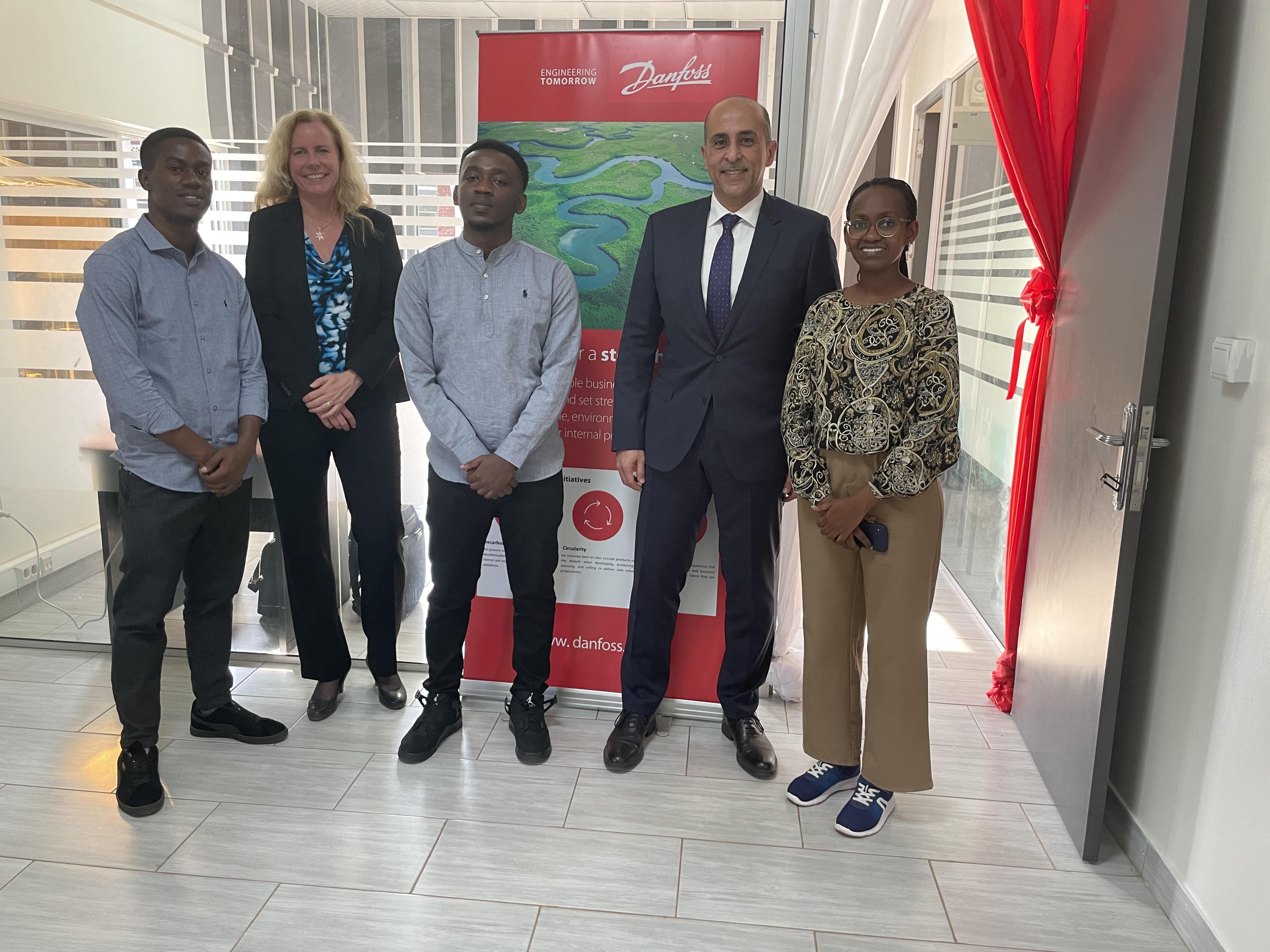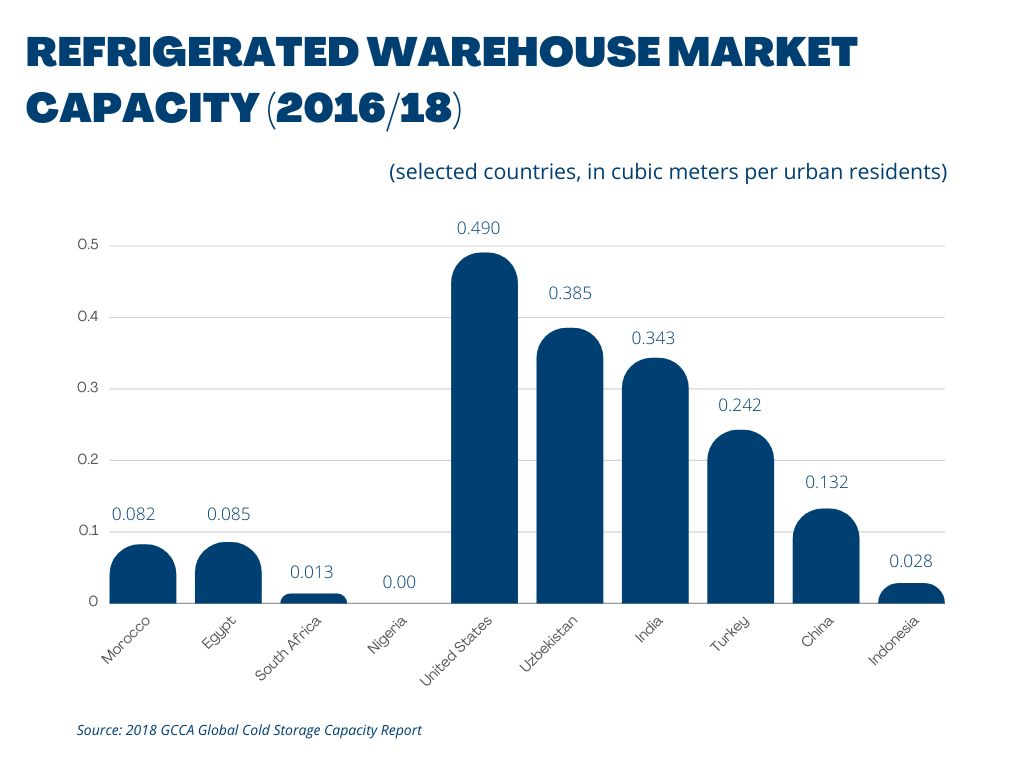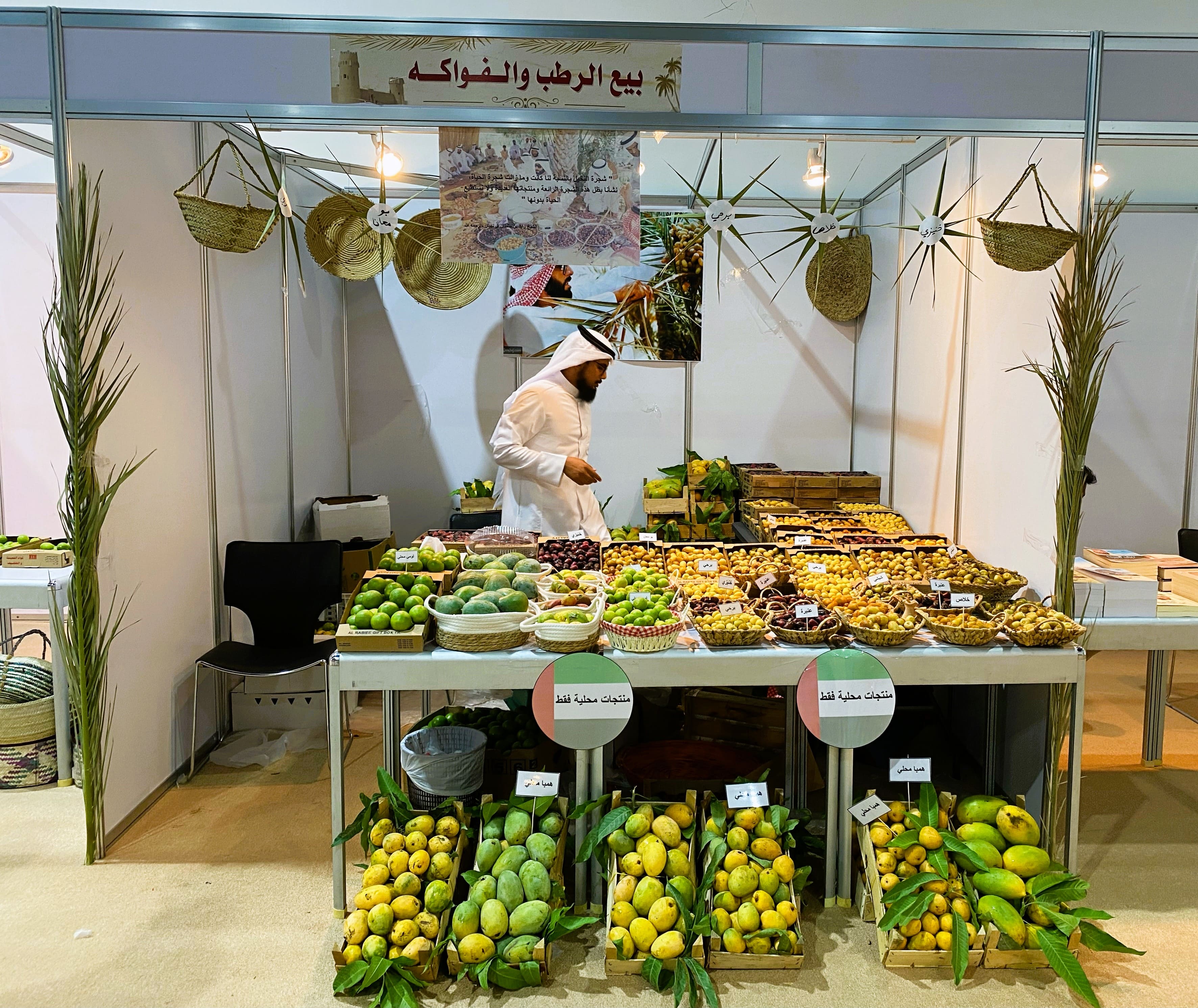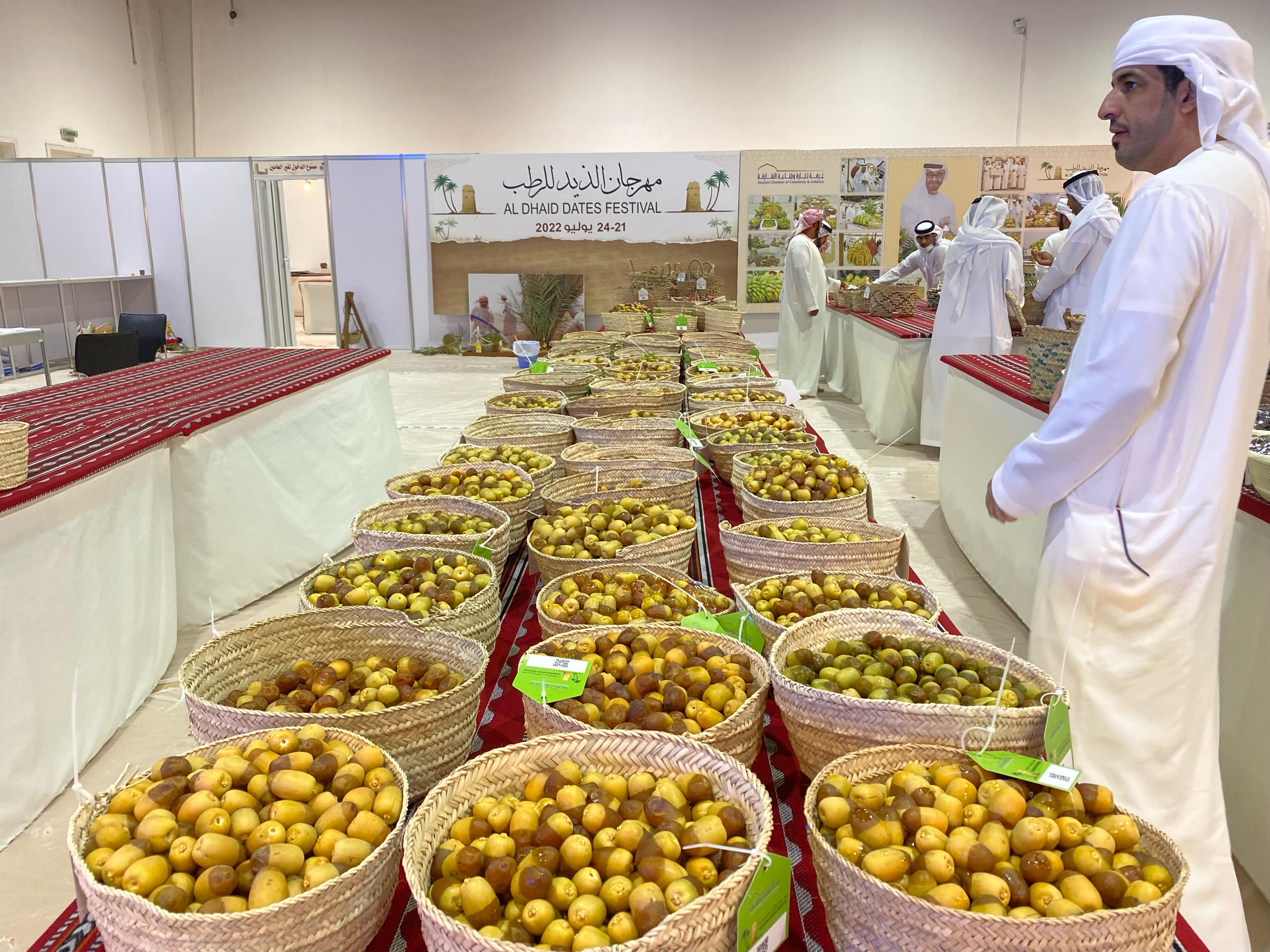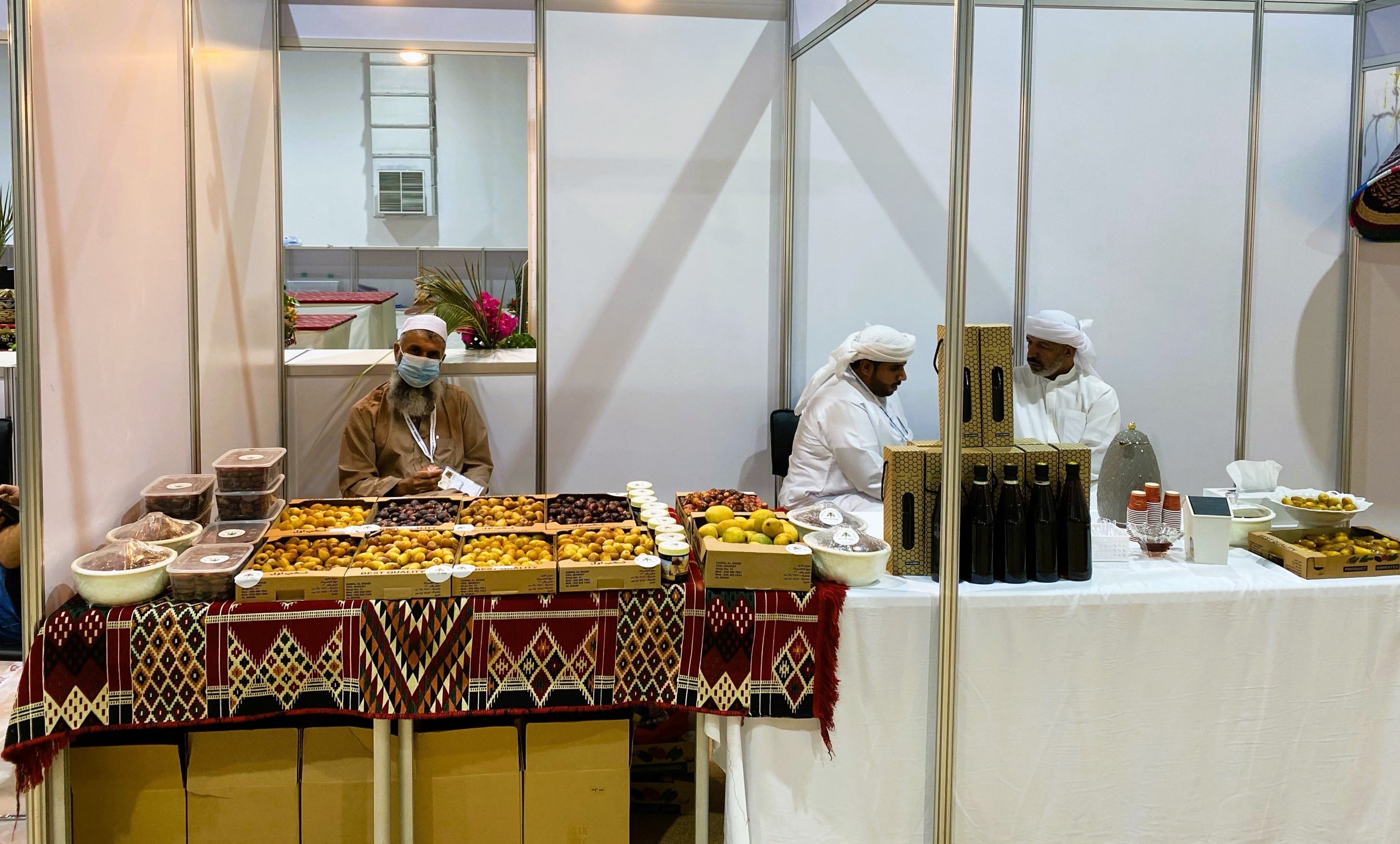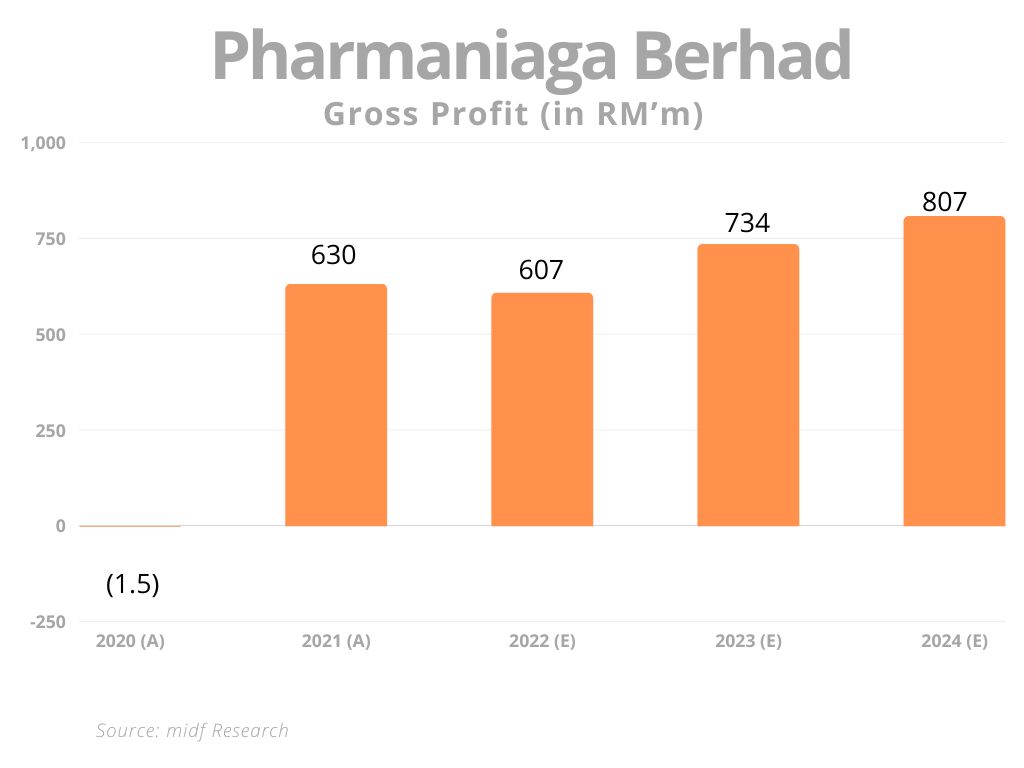The Indian government has issued guidelines for halal meat certification to streamline the export process; Saudi Arabia's SFDA is testing a blockchain-based system for transparent food tracking; Malaysia plans to build its first lab-grown meat facility to reduce the carbon footprint; Japan is now certified to export halal Kobe beef to Saudi Arabia
Regulatory - India
Indian Commerce ministry notifies guidelines for certification of halal meat products. (April 6th, 2023)
The Indian government has tightened regulations for the export of halal meat and its products. Meat and its products can now only be exported as 'halal certified' if they are produced, processed, and packaged in facilities with a valid certificate issued by an accredited body. The new rules aim to streamline the halal certification process for Indian meat exporters. (The Economic Times)
Regulatory - Saudi Arabia
Saudi Arabia: SFDA enables consumers to track sources of food and beverages via blockchain. (April 13th, 2023)
The Saudi Food and Drug Authority (SFDA) has partnered with the Digital Government Authority (DGA) to test a blockchain-based system that enables consumers to track food and beverage sources in a transparent way. The experiment aims to enhance digital transformation and upgrade the digital economy in Saudi Arabia, while ensuring food safety. (Halal Focus)
Company News - Malaysia
Halal is the new clean: Luxury halal Swiss brand targets clean beauty market in Southeast Asia. (April 5th, 2023)
Singapore-based cosmetics brand, Nume-Lab, is expanding its business into the clean beauty market in Southeast Asia. The brand, which offers halal-certified skincare and haircare products made with natural and organic ingredients, aims to capitalize on the growing demand for clean beauty products in the region. (Cosmetics Design)
Company News - Malaysia
Malaysia is launching its first lab-grown meat facility. (April 25th, 2023)
Malaysian company Cell AgriTech plans to build the country's first lab-grown meat production facility in Penang by 2024. Lab-grown meat requires less land and can be done closer to consumers, reducing the carbon footprint from land clearing and logistics needed to deliver the product, which could potentially help in the fight against climate change. (Halal Focus)
Company News - Kyrgyzstan/Russia
Pork in halal sausages sparks scandal in Central Asia (April 28th, 2023)
Russian veterinary watchdog Rosselhoznadzor has claimed to have found pork DNA in a batch of halal sausages imported from Kyrgyzstan, raising concerns about the halal industry in Central Asia. The director of the National halal industry development centre in Kyrgyzstan, Abdul-Khamid Shamshidin Uulu, said that pork DNA could make its way into halal products due to contact or insufficient treatment of meat processing equipment. (Pig Progress)
Company News - USA
Labeling oversight leads to recall of 30 tons of halal meat and poultry sausages. (April 24th, 2023)
Alef Sausage Inc. is recalling 61,574 pounds of ready-to-eat halal meat and poultry sausage products due to misbranding and possible temperature abuse. The meat products were not labeled with a handling statement indicating that they should be kept refrigerated, and some items may be on retailers' shelves or in consumers' pantries. (Food Safety News)
Company News - USA
New York's The Halal Guys restaurant brings gyros, falafel, hummus and more to Iowa (March 30th, 2023)
The Halal Guys restaurant chain, which specializes in Middle Eastern cuisine, plans to open five locations in Iowa, including Des Moines, Iowa City, and Cedar Rapids. The fast-casual restaurant has over 100 locations worldwide and another 400 in development. (Des Moines Register)
Investment - UAE
Al Ghurair Foods to invest Dh1b on 3 food processing plants in Abu Dhabi (April 29th, 2023)
Kezad group has signed a 50-year land-lease deal with Al Ghurair Foods to invest over Dh1 billion in three mega food processing projects in Abu Dhabi's food security program. The projects include a starch processing plant and one of the top broiler producers in the UAE, while the third project is yet to be announced. (IOFS)
Investment - Indonesia
Upgrades and opportunities: Kraft Heinz pumps investment into Indonesia, eyes meat replacement innovation (May 2nd, 2023)
Kraft Heinz invests $84m in upgrading its production facility in Indonesia, demonstrating its commitment to the market and its sustainability pledges. The facility is the firm's largest production site in Asia and primarily focuses on the ABC brand, which has the largest market share in Indonesia. (Food Navigator)
Trade Developments - Nigeria
Halal Market to Contribute $1.6bn Annually to Nigeria’s Economy — Nigeria Halal Economy Report (April 28th, 2023)
Report says Nigeria's Halal market could bring $1.6bn annually to the country's economy in four years, as the country's huge domestic market for halal products and services is worth $1.7bn. The report was produced by consultancy firm Dar-Al-Halal Nigeria and DinarStandard and launched in Abuja. (Daily Trust)
Trade Developments - Saudi Arabia
Japan certified to export halal Kobe beef to Saudi Arabia. (May 1st, 2023)
Japan is now certified to export beef to Saudi Arabia's halal market. The certification ceremony was attended by Prince Faisal bin Bandar bin Sultan Al-Saud and Tomoshige Kanzawa, president of the Kobe Beef Marketing and Distribution Promotion Association. 145 head of halal Kobe beef are scheduled to be shipped to Saudi Arabia this year. (Arab News)
Trade Developments - Indonesia/Saudi Arabia
Meat-ing the minds: Indonesia pushes for export collaboration with Saudi government with eye on hajj pilgrims. (May 3rd, 2023)
Indonesia plans to expand its meat exports to Saudi Arabia, where it hopes to leverage its halal certifications to cater to Muslim consumers on pilgrimage. With the world's largest Muslim consumer market, Indonesia aims to tap into the potential for halal food items, especially meat for consumption and sacrificial purposes. (Food Navigator)
Trade Developments - Singapore
Warees Halal and IHATEC Paves Way for Singapore Businesses for Export to Indonesia (May 5th, 2023)
Warees Halal Limited (WHL) has partnered with PT Insan Halal Terpercaya (IHATEC) to offer a 4-day training program to Singapore-based businesses that wish to produce or sell Halal products in Indonesia. Introduced in 2014, the Indonesian Law No. 33 Year 2014 on Halal Product Assurance requires products circulating in Indonesia to be Halal certified. (News Wires)
Trade Developments - Malaysia
Foodpanda Malaysia looks to Middle East, South Asia as appetite for halal delivery surges. (April 18th, 2023)
Foodpanda Malaysia is discussing with Delivery Hero, its parent company, the possibility of expanding its halal delivery services to the Middle East and South Asia. The move follows the successful launch of the company’s specialized halal offering in Malaysia. Foodpanda Malaysia has already begun talks to export its Bekal service to sister companies in these regions. (South China Morning Post)
UPCOMING EVENTS:
Penang International Halal Expo & Conference 2023 – Malaysia – June 23-25, 2023
Malaysia International Food and Beverage Trade Show – Malaysia – July 12-14, 2023
Halal Expo Manchester International Halal Trade Exhibition – Manchester, UK – July 14-15, 2023
Food Manufactuing Indonesia – Indonesia – Aug 23-25, 2023
Malaysia International Halal Showcase (MIHAS) 2023 – Malaysia – Sep 12-15, 2023
Bahrain Halal Expo 2023 – Bahrain – Oct 5-7, 2023
Saudi International Halal Expo & Summit 2023 – Riyadh, KSA – Nov 19-21, 2023
World Halal Summit 2023 – Istanbul, Turkiye – Nov 23-25, 2023
Halal Expo London 2023 – London, UK – Dec 1-2, 2023
Halal Indonesia Expo 2023 – Indonesia – Dec 8-10, 2023
